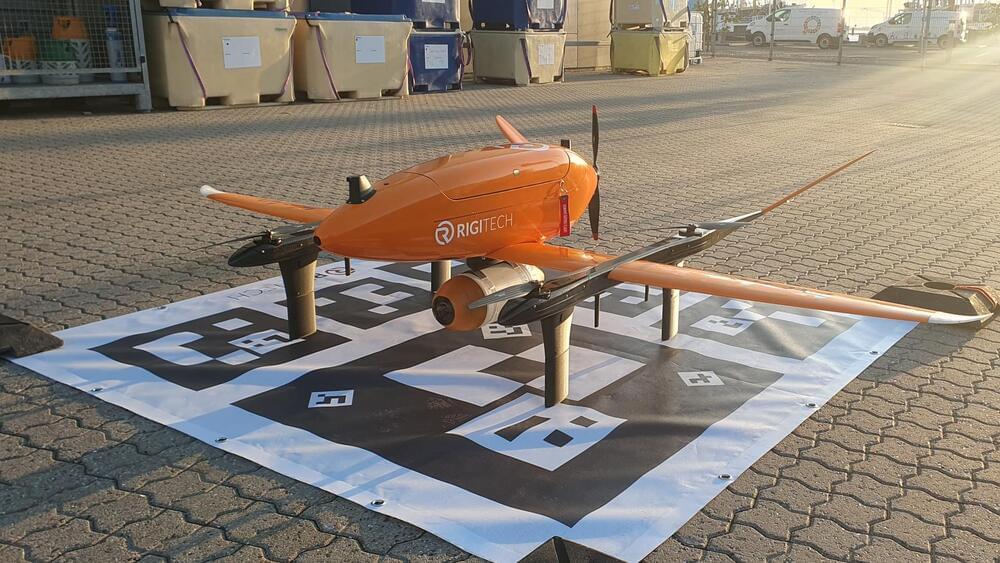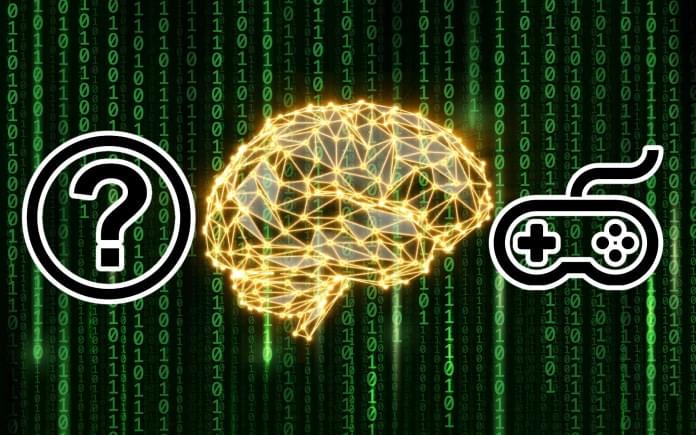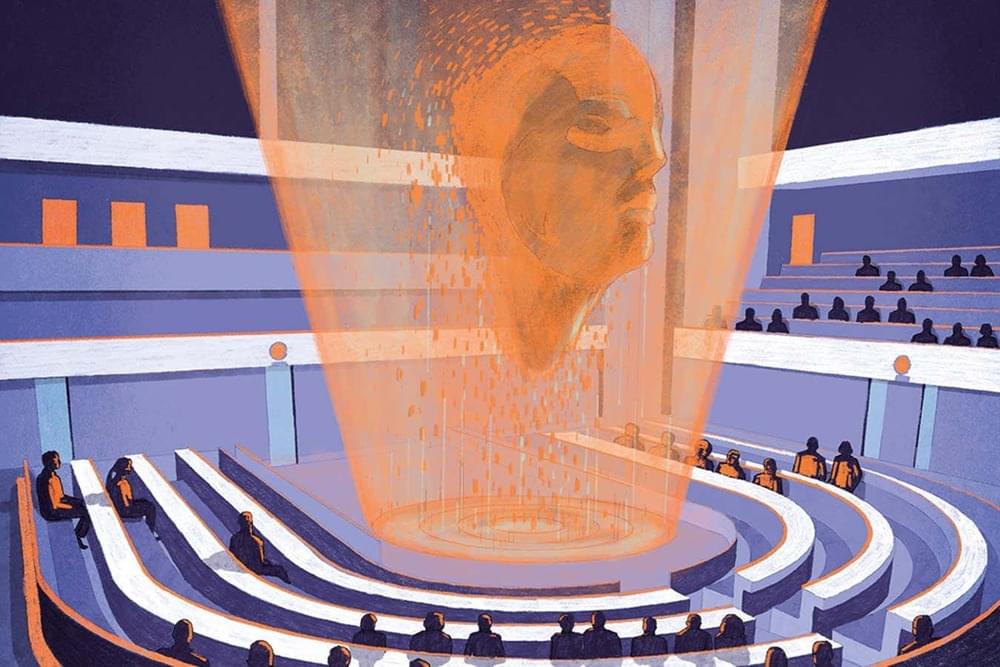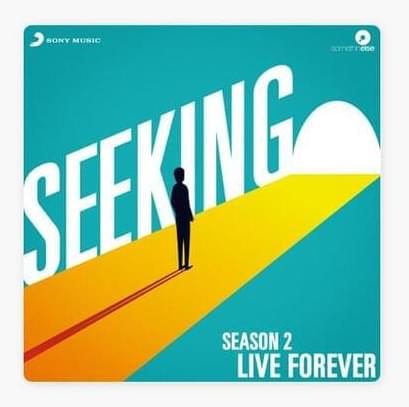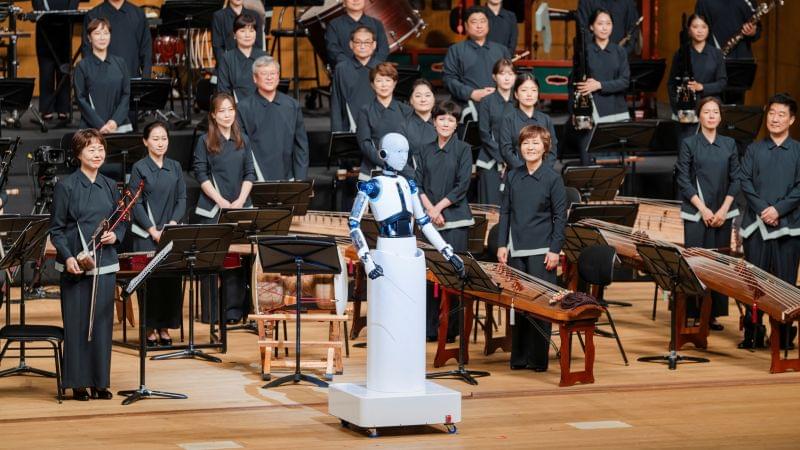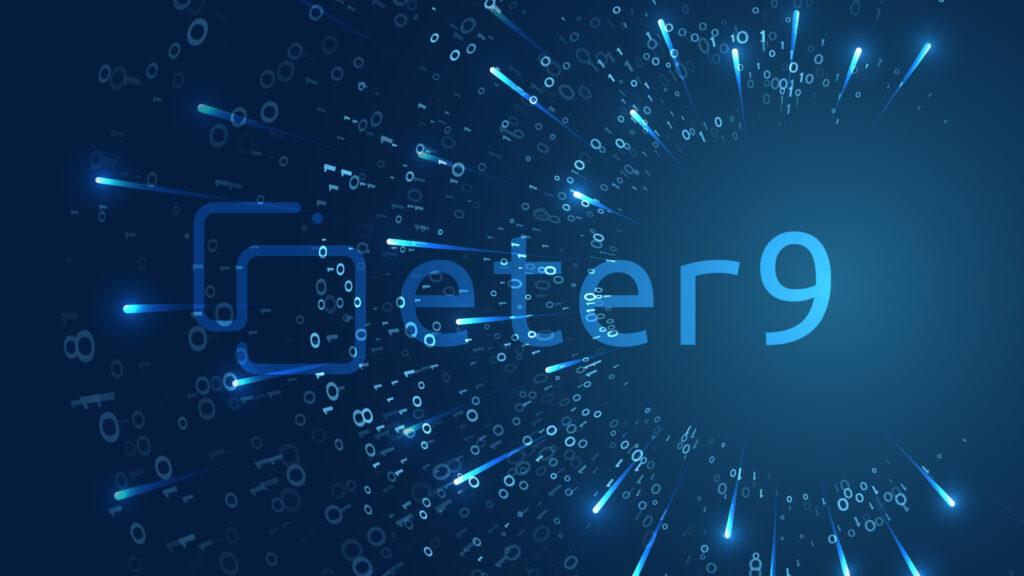Wind turbine maintenance is an important yet unheralded task. But drones have arrived to spice things up.
RigiTech is a Swiss drone manufacturer and operator boasting some of the most extensive beyond visual line of sight (BVLOS) flight authorizations in the industry. And it just completed a landmark test of its Eiger delivery system, flying spare parts to the Anholt Offshore Wind Farm, located 20 sm (17 nm) off the coast of Denmark. But there’s a catch—the drones didn’t need to land.
The tests marked the rollout of RigiTech’s prototype precision dropping system, which autonomously releases cargo from a few feet in the air when it detects the drone has reached its destination. That’s a game-changer in the case of offshore wind turbines, which typically do not have landing pads.
